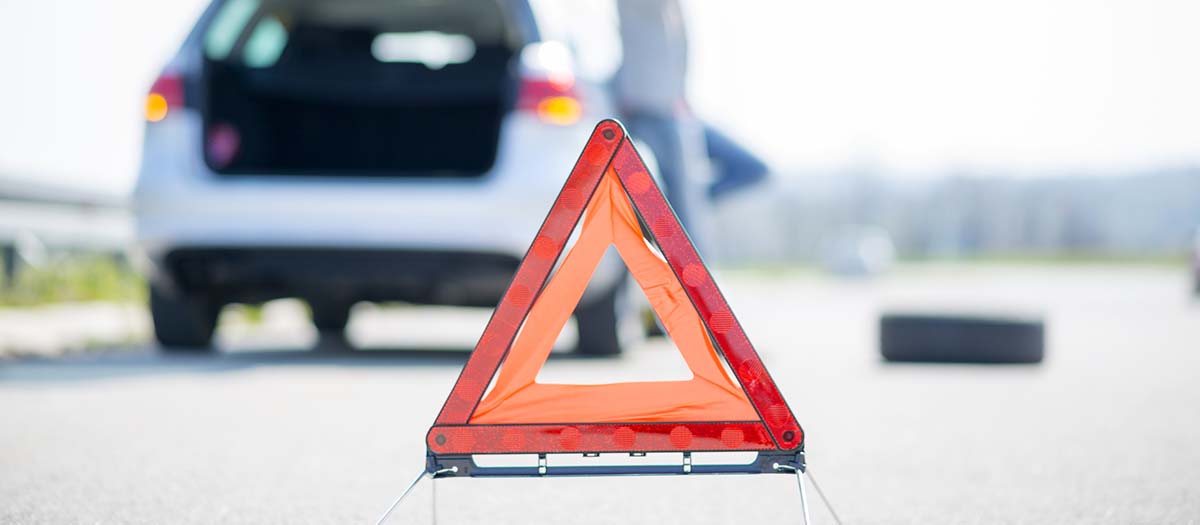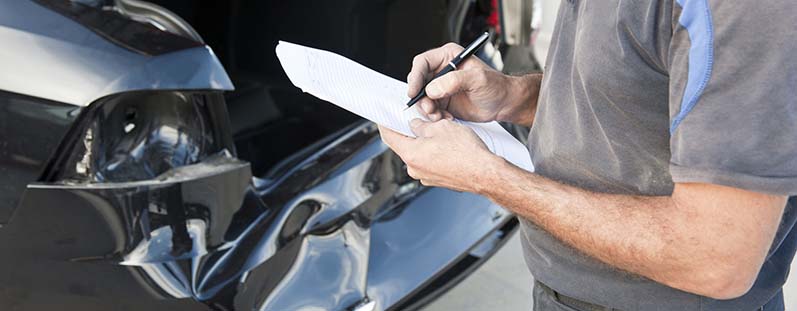
12 Nov, 2020/ by National Accident Helpline /Latest News, News
No-one likes dealing with car problems. Car maintenance often costs hundreds or even thousands of pounds, and ultimately requires time and money to keep on top of.
However, car maintenance is very important, for you and for other road users. For example, in 2018, 1,392 road traffic accidents were recorded in the UK that classed a vehicle defect as a contributory factor. Many of these accidents could have been avoided if the vehicle in question had been maintained to a high standard.
It's clear that maintaining your vehicle is crucial. Not just for the sake of your purse strings, but also to keep you and other road users safe.
The danger is real
There are many different vehicle problems that can contribute towards an accident on the roads. Some of the most common problems that lead to accidents include defective brakes and under-inflated or defective tyres. Road traffic accidents can lead to whiplash, serious injury, and in some cases, can sadly be fatal.
According to the latest ONS figures, there were 521 accidents in the UK in 2018 that were at least partially caused by defective brakes. Defective brakes contributed to a further 570 accidents in 2017, and 646 in 2016.
Tyres can also be an issue if not maintained properly. There were 459 accidents caused by illegal, defective, or under-inflated tyres in 2018, with a further 472 in 2017, and another 646 in 2016.
Other vehicle defects can also directly contribute to accidents, including defective lights or indicators, broken or missing mirrors, and defective steering or suspension.
Vehicle problems that can often seem trivial like a broken wing-mirror or a slow-punctured tyre might seem like a problem that can wait until the next day, yet the reality is that these issues are causing accidents in the UK year after year.
How do the accidents happen?
It is all well and good mentioning the accident statistics, but specifically how do these common vehicle defects contribute towards the accidents we see on UK roads?
- Mirror defects
- Mirror defects can easily lead to a road traffic accident. If a mirror is damaged or in an incorrect position, it leaves the driver with an incomplete view of the road, and subsequently a poor view of other road users or pedestrians.
For example, a lack of vision as a result of a mirror defect might cause a driver to unknowingly reverse into a pedestrian. This would cause injury to the pedestrian, and they could even make a claim against the driver.
- Mirror defects can easily lead to a road traffic accident. If a mirror is damaged or in an incorrect position, it leaves the driver with an incomplete view of the road, and subsequently a poor view of other road users or pedestrians.
- Tyre defects
- Tyre defects are relatively self-explanatory. A flat or damaged tyre can lead to the driver struggling to control the vehicle, particularly in the case of a tyre blowout while driving.
- Brake defects
- The most frequent cause of accident for a reason, brake defects are exceptionally dangerous. A brake defect may cause a driver to react too slowly or ineffectively, or in extreme cases the driver may be left totally incapable of slowing the car down with any kind of control.
- Steering defects
- A steering defect can leave the driver struggling to control the path of the vehicle properly, leaving the driver and any passengers at serious risk of an accident.
- Light defects
- A problem with car lights can be dangerous for both the driver and other road users, for two reasons. The driver will struggle to see the road in poor or dark conditions, and other road users will struggle to see the car.
Simple car maintenance that could keep you safe
It is fine to rely on your local garage for the big jobs, but there are some simple maintenance techniques that you can do to ensure that your car is in tip-top shape, and to keep yourself safe.

Mirrors
- Before setting off, check that the wing mirrors are not damaged in any way.
- Ensure that each mirror is in the correct position to give the driver a full view of the road.
Tyres
- You can minimise the risk of a tyre defect developing by inspecting the tyres regularly, and by checking that the tyres comply with the legal tread depth. If the tyre looks dangerous in any way, it may need replacing.
- Studies have found that many motorists do not know how to change a tyre. If that describes you, that is a skill that you should learn as soon as possible.

Brakes
Brakes are the most common defect leading to an accident, so it is crucial that they are maintained properly.
- You should inspect the car brakes regularly, and before long drives it makes sense to test the brakes by driving back and forth a few times to ensure that the braking system is reacting correctly.
- Generally, it is recommended to check your brake pads after every 10,000 miles or so, and to replace the brake fluid after every 25,000 miles or similar.
- Take your car to a garage if you have any concerns about the braking system.
Steering
- If your steering wheel feels different to normal, or is making strange or squeaky noises, it is worth booking your car in for a steering check.
Lights
- You should check your lights regularly. Get someone to stand outside the car to help you and then turn each individual set of lights on. If any of them are not working, you should have the light replaced immediately before using the car again.
All of the issues mentioned here are checked when a driver takes their car in for an MOT. The best way to keep yourself and other road users safe is to rely on the expertise of professionals, who can spot when a vehicle issue could potentially result in an accident.
While an MOT can flag any potential issues, it is also important for drivers to be on the lookout for any potential maintenance issues between these check-ups. Every vehicle that is three years old or over must have a current MOT certificate, which has to be renewed once a year. For the rest of the year, it is up to the driver to keep an eye out for any problems with their vehicle, so if you spot an issue that you are unsure about, be sure to have it looked at by a professional and not simply wait for the scheduled MOT.
What to do if you are involved in a road traffic accident
No-one wants to be involved in a road traffic accident, but unfortunately many of us will be involved in one at some point in our lives. Here is a brief guide on what you should do if you are ever involved in a road traffic accident.
1. Stop the car as soon as you can
- You must stop at the scene of an accident, so make sure to pull over as soon as safely possible and put your hazard lights on.
2. Make sure everyone is ok
- Now is the time to ensure that you and your passengers are well and have not sustained any injuries. If anyone is injured, call 999 immediately.
3. Try to remain calm
- Take a moment to steady yourself. It is natural to be in shock after being involved in an accident.
4. Exchange details
- Be sure to exchange contact details with anyone else that is involved in the accident, including names, contact numbers and insurance details.
5. Take note of the scene of the accident
- Take some notes on the date and time of the accident, as well as the damage sustained and the weather conditions. Try to take some photos on your phone if you can.
6. Call our Personal Injury Advisors
- Give our specialist advisors a call. You might be entitled to make a claim if the accident was not your fault.